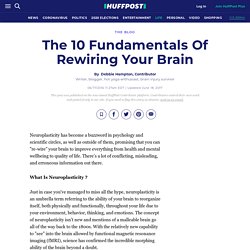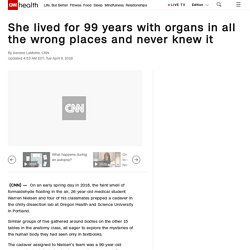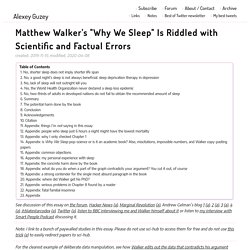

Myokines — New Element Training. 10 Neroolasticity Necessities. Neuroplasticity has become a buzzword in psychology and scientific circles, as well as outside of them, promising that you can "re-wire" your brain to improve everything from health and mental wellbeing to quality of life.

There's a lot of conflicting, misleading, and erroneous information out there. What Is Neuroplasticity ? Just in case you've managed to miss all the hype, neuroplasticity is an umbrella term referring to the ability of your brain to reorganize itself, both physically and functionally, throughout your life due to your environment, behavior, thinking, and emotions. The concept of neuroplasticity isn't new and mentions of a malleable brain go all of the way back to the 1800s. With the relatively new capability to "see" into the brain allowed by functional magnetic resonance imaging (fMRI), science has confirmed the incredible morphing ability of the brain beyond a doubt.
How Neuroplasticity Shows Up In Your Life Newsletter Sign Up Subscribe to HuffPost’s wellness email 1. 2. Clocks, metabolism, evolution – toward an integrative chronobiology. The biannual meeting of the Society for Research on Biological Rhythms happened last week.

Unfortunately, I could not attend, so will have to wait another two years for the next opportunity. I am not sure how this stuff happens, but there was a flurry of new papers in the circadian field just preceding the event. Several of them have already received quite a lot of attention in both old and new media, and rightfully so, but I decided not to cover them one at a time just as the embargo lifted for each one of them. Instead, I will just very briefly describe and explain the main take-home messages of each one of them, link to the best coverage for those who want more detail (“Cover what you do best. Link to the rest.“), and then try to come up with more of a ‘big picture’ summary of the current state of the field. I apologize in advance for covering and linking to some of the papers that are not published in Open Access journals. Article: Ben Collins, Elizabeth A.
Drosophila neuron model. Rose Marie Bentley lived for 99 years with organs in all the wrong places and never knew it - CNN. Similar groups of five gathered around bodies on the other 15 tables in the anatomy class, all eager to explore the mysteries of the human body they had seen only in textbooks.

The cadaver assigned to Nielsen's team was a 99-year-old woman who had died of natural causes. Her name was Rose Marie Bentley, but the students didn't know that then. To honor and respect the privacy of those who offer their bodies to science, no further details are given medical students about the person who had once inhabited the body lying on the silvery slab before them. But as the students and their professors were soon to find out, Bentley was special, so special she deserved her own unique spot in medical literature and history books. The reason? "I think the odds of finding another person like her may be as remote as one in 50 million," said assistant professor Cameron Walker, who teaches the Foundations of Clinical Anatomy class at Oregon Health and Science University. 'This is totally backwards'
Matthew Walker's "Why We Sleep" Is Riddled with Scientific and Factual Errors - Alexey Guzey. Created: 2019-11-15; modified: 2020-04-08 See discussion of this essay on the forum, Hacker News (a), Marginal Revolution (a), Andrew Gelman’s blog 1 (a), 2 (a), 3 (a), 4 (a), /r/slatestarcodex (a), Twitter (a), listen to BBC interviewing me and Walker himself about it or listen to my interview with Smart People Podcast discussing it.

Note: I link to a bunch of paywalled studies in this essay. Please do not use sci-hub to access them for free and do not use this trick (a) to easily redirect papers to sci-hub. For the clearest example of deliberate data manipulation, see how Walker edits out the data that contradicts his argument from the graph. Also see UC Berkeley’s official response regarding this essay – all problems with the book I discovered are “minor”. Introduction Matthew Walker (a) is a professor of neuroscience and psychology at the University of California, Berkeley, where he also leads the Center for Human Sleep Science. On page 8 of the book, Walker writes: This is false. Summary. What Is Value in Health Care? Edibility. Invigorating. *joi de vivre.
Mad Med Mice, See how they ... Physicality. Substantia. Robust. Human body. Health. System design. #highvaluecare.